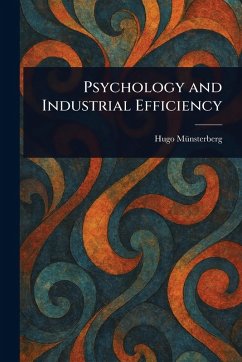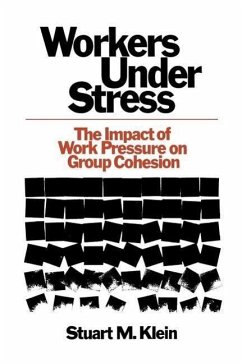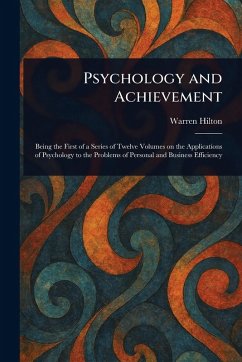Hugo Münsterberg was a German-American psychologist who lived from June 1, 1863 to December 16, 1916. He was a pioneer in applied psychology, extending his research and theories to I/O, legal, medical, clinical, educational, and business settings. With the onset of the First World War, Münsterberg was thrown into chaos. Torn between his allegiance to the United States and his homeland, he frequently supported Germany's conduct, eliciting widely disparate reactions. Hugo Münsterberg was born into a merchant family in Danzig (now Gdansk, Poland), a West Prussian port city. Münsterberg's family was Jewish, a heritage he had no relationship to and rarely expressed publicly. His father, Moritz (1825-1880), was a successful lumber merchant, and his mother, Minna Anna Bernhardi (1838-1875), was Moritz's second wife. Moritz had two sons, Otto (1854-1915) and Emil (1855-1915), with his first marriage, and two with Anna, Hugo (1863-1916) and Oscar (1865-1920). The four sons stayed close, and all of them achieved success in their respective fields. Oscar lived in a neo-Renaissance villa in Detmold, Germany, from 1886 until 1896. It was recently repaired and inaugurated as a cultural center.















